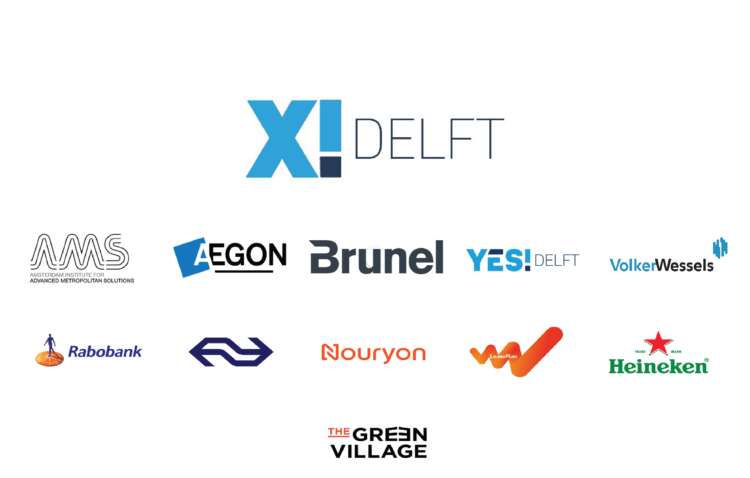Incorporating design in a new model for innovation in UIC's: reinforcing X!Delft’s proposition
ongoing
Msc. Graduation Leonie Levrouw
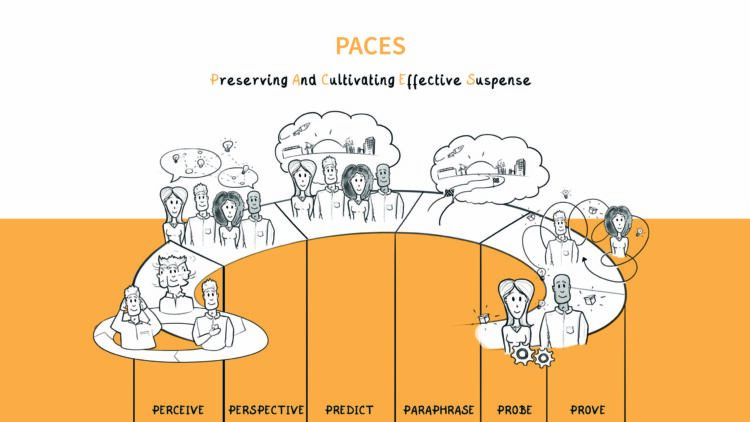

This graduation project was conducted for X!Delft, a company aiming to connect the Delft university of Technology (DUT) to industry in a broader way, straying away from individual partnerships between a practitioner and a professor as the only way of taking on projects with the university (or university-industry collaborations, commonly referred to as UIC’s).
X!Delft is promising its industry partners accelerated innovation through the collaboration as an ecosystem. By joining forces, they aim to tackle global problems that are too complex to solve individually. This requires a new way of problem solving to generate novel solutions. Design (Thinking) is increasingly linked to innovation and mentioned as a way to deal with the unpredictability of the outside world. By focusing on the end-user and using an iterative process, it is believed to contribute to innovation processes in which little is known about the possible solutions. Because of the benefits, many companies are trying to incorporate Design (Thinking) in their businesses, hoping to yield its fruits.
As a service provider of innovation, it makes sense for X!Delft to research if and how Design could contribute to their company. This yielded in the following design challenge for this graduation:
Where and how can X!Delft successfully apply Design (Thinking) internally and in their “innovate together” offering – to reinforce the value proposition and positioning?
To answer this question, the partners’ needs were studied, to understand better why they collaborate with X!Delft and what they expect from the partnership. Then, with these new insights, X!Delft was analysed, to find out if and how they currently respond to their partner’s needs. Currently, I am developing a concept that bridges the gaps between the needs of the partners and the proposition of X!Delft through design.
To identify the partner’s drivers and needs for a UIC through X!Delft and the potential role of design herein, literature research was combined with empirical studies, interviewing different X!Delft partners, internal stakeholders and innovation experts. Moreover, two creative sessions were conducted with X!Delft employees, to refine both the partner needs and the role X!Delft wanted to play in solving their challenges.
Out of this combined research, an underlying partner driver was formulated: SUSPENSE.
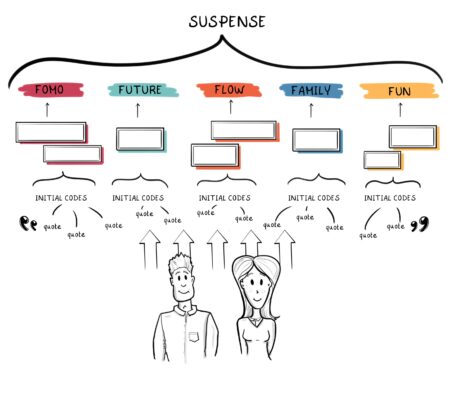
Partners experience a feeling of excitement or anxiety while waiting for something uncertain to happen (Cambridge University Press, 2019). This abstract and latent driver manifests itself in five different challenges, that partners want to tackle in the collaboration with X!Delft:
- #FOMO: what is out there and what can we do with it, when should we start?
(Tech push: Where is technology headed and how will it relate to us in the future?) - #FUTURE: where is the external world headed, where in that world do we want to go?
(Tech pull: Where are we headed and how can we use technology to get there?) - #FLOW: How can get there, what is the internal impact?
(process/business model innovation) - #FUN: How to keep/restore the human excitement for discovering/creating new things?
(culture & people) - #FAMILY: Who can join us on this journey?
(collaboration with others)
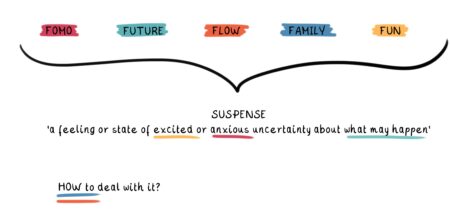
The concept of ‘suspense’ complements literature’s description of ‘uncertainty’, by adding a factor of excitement and wonder, triggering an impulse to act. (Lehne & Koelsch, 2015). In order to understand how to manage suspense, the pragmatist inquiry proved to be useful (Lorino, 2018). In this inquiry, one moves from an uncertain situation towards a future ‘belief’, by combining experimentation and reasoning. Similarly, design practices are beneficial to coming up with future-focused solutions when considering situations of uncertainty or ambiguity.
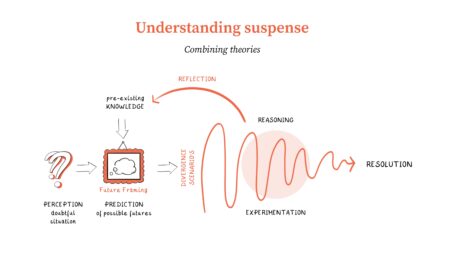
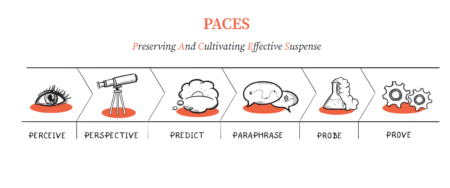
PACES stimulates collecting information continuously (perceiving) and sharing insights, increasing the collective knowledge base (perspective) to generate plausible predictions. These are then made actionable (paraphrasing) based on the strategic intent of individual actors, ensuring company-specific impact through the development of experiments (probing) followed by implementation projects (proving). A first ideation step is performed to translate PACES into services, complementing X!Delft’s current service offering. These services aim to incentivise participation in shared knowledge creation, hence enhancing collaboration in the innovation ecosystem. See the end result here.
After her graduation project, Leonie started working at X!Delft and spoke at the University Industry Innovation Network (UIIN) conference. Together with Frido Smulders and Zwanet van Lubek, she wrote a paper published in the UIIN conference proceedings as well as in the Journal of Higher Education Theory and Practice. To read the full article, click here.
